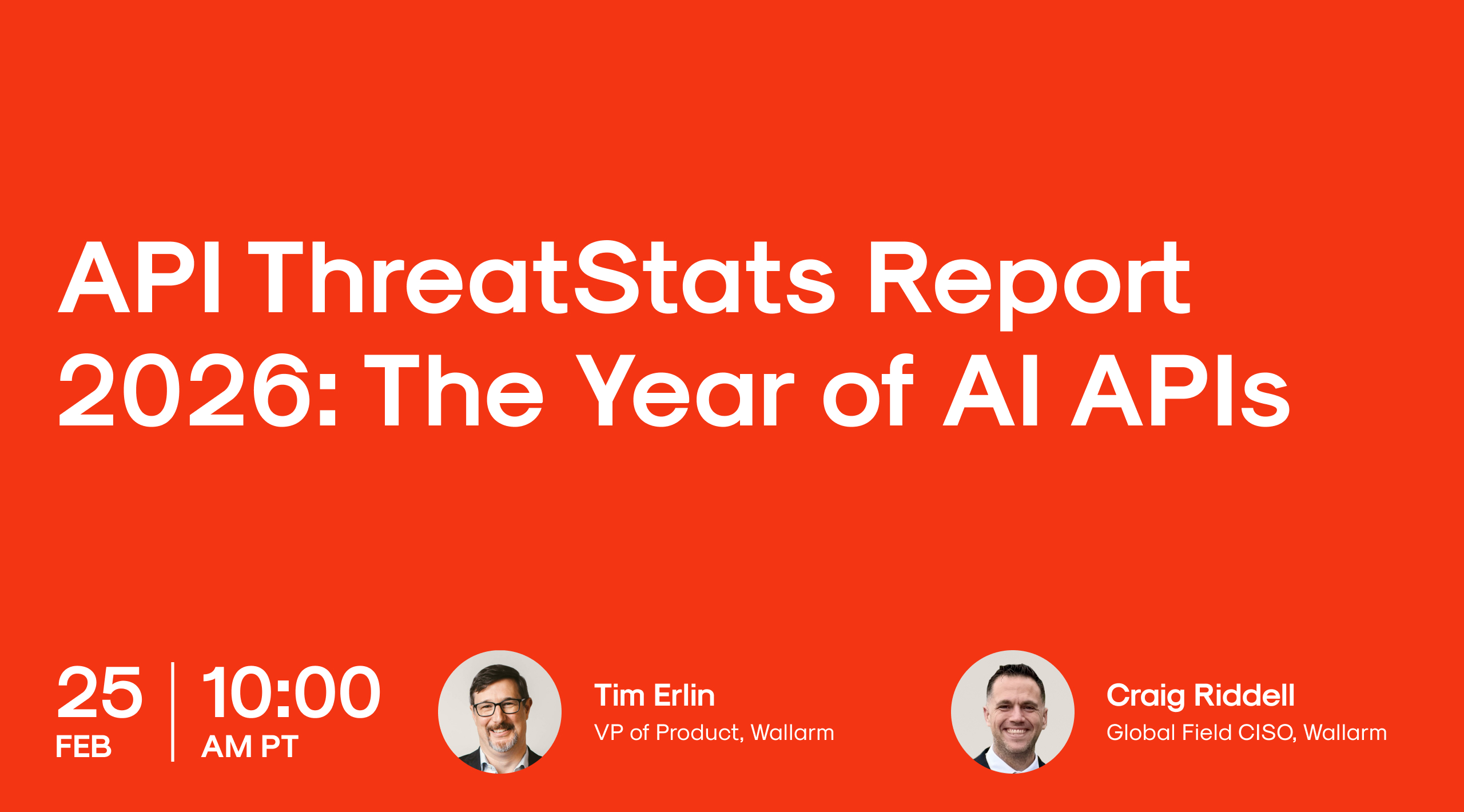How to Protect Your Site Against Website Defacement Attacks?
In the digital world, no one can hide anymore. Even your most private information is available to anyone with a computer and an internet connection. That’s why cybercriminals are constantly looking for new ways to trick users and expose their personal details without permission.
Maybe you’ve never heard about website defacement attacks before, but rest assured that they’re the new norm. More and more people are becoming victims of this type of fraud every single day, so it’s better to learn how to protect your site against these attacks sooner rather than later.
Here’s everything you need to know about this type of cybercrime and how you can prevent your site from being broken into.

What Is Website Defacement?
Website defacement is an attack on a website that attempts to modify the website’s content or code.
The attackers will make changes to the website’s layout, language, and advertising in order to gain access to personal information about their victims. It’s not always easy for users to spot these incidents either; that’s why so many people fall victim to this type of fraud.
How Website Defacement Attacks Work?
Website defacement attacks work by exploiting vulnerabilities in a website’s security system. One of the most popular methods of conducting these attacks is through SQL injection. These kinds of attacks are often carried out from compromised computers, which can mean that your site could be at risk if it’s not protected against this type of attack. The only way to protect your site against these types of attacks is to have an understanding of how they work and what you can do to prevent them.
Why Is Website Defacement So Popular?
Website defacement attacks are so popular because they’re easy to use, affordable, and offer a sense of power. It’s one of the few ways that people feel like they can actually do something against cybercriminals who have victimized them in the past.
Most website defacement crimes are relatively cheap to commit since they require little technical know-how and require minimal expertise. Defacing your site is also quick and easy with a lot of available tools that make it possible to do so on almost any site. In fact, some hackers even offer websites for sale online for as low as $5 per month. This makes it much easier for the average person to get involved in the process of defacing their own site.
These types of crimes are also incredibly popular because users don’t have to be physically present in order to commit a crime. They also don’t need expensive equipment or software because there are plenty of free options available online.
Defacing your competition is another way that these tactics gain popularity among criminals. For example, if you live near a business owner you have a bone to pick with, you can easily find out their url and target them with an attack without ever having to say hello or contact them in any way first.
Protecting Your Site From Website Defacement Attacks
Website defacement attacks are the most dangerous type of website hacking. They can involve damaging your site or stealing your personal information. As a result, they are becoming increasingly common and have left many companies scrambling to figure out how to stop them. The good news is that you don’t need to be a cybersecurity expert in order to protect yourself from these types of attacks. In fact, there are some easy ways you can prevent these attacks from occurring.
First and foremost, you should start by using HTTPS everywhere possible on your site. An HTTPS connection encrypts all of your data so it cannot be accessed by anyone but the intended recipient. This ensures that hackers cannot steal any private information about visitors who visit your site without proper credentials like their name and email address.
Next, make sure that you don’t share too much personal information with visitors on your website. If an attacker were to get ahold of this information, they could use it to impersonate the person in question online or take control over their account online.
Lastly, make sure that you have up-to-date antivirus software on all of your devices so that cybercriminals can’t infect anything else with malware or viruses while they’re attacking your site!
Conclusion
With the growing sophistication of hackers, cyber-criminals, and other online threats, it is important for any business to protect its website against website defacement attacks. The easiest way to do so is to make use of a security solution that includes both a firewall and intrusion prevention.
FAQ
References
Subscribe for the latest news

















